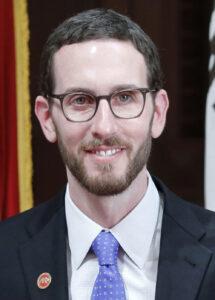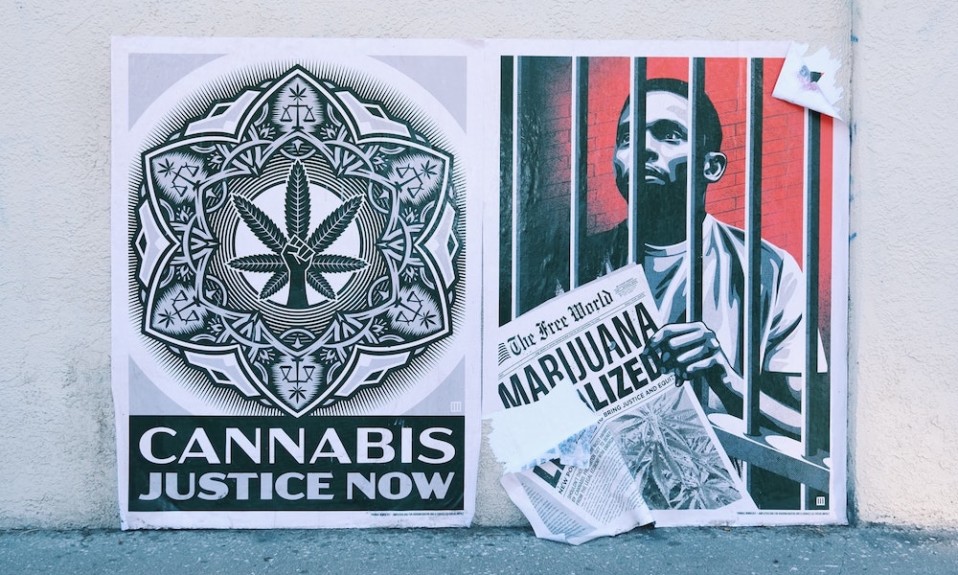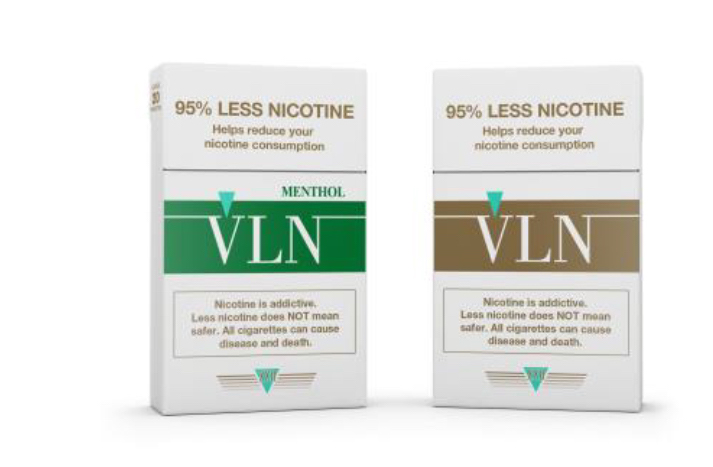Senate Bill 519, introduced by Scott Wiener, seeks to open the door in the Golden State to psychedelic-assisted therapy and help end the War on Drugs
By William Wagner
March 9, 2021Scott Wiener, a California state senator (D-San Francisco), has a blunt message for his constituents, the federal government and the addiction treatment community: “The War on Drugs and mass incarceration are destructive and failed policies, and we must end them.”
From that stance comes Senate Bill 519, which Wiener introduced last month. The bill decriminalizes the possession and use of psychedelic drugs including psilocybin and psilocin (the active agents in “magic” mushrooms), 3,4-methylenedioxymethamphetamine (MDMA), lysergic acid diethylamide (LSD), ketamine, dimethyltryptamine (DMT), mescaline (excluding peyote because it’s a protected species) and ibogaine (derived from a shrub in West Africa).
If the bill passes, it would tighten society’s embrace of psychedelics. This past November, voters in Washington, D.C., and Oregon approved ballot initiatives to decriminalize a range of psychedelics.
The Curative Qualities of Psychedelics
All of the aforementioned psychedelics currently are classified by the federal Drug Enforcement Agency (DEA) as Schedule I drugs, meaning they’re deemed to have “no accepted medical use and high potential for abuse.” Scientists, however, beg to differ. Numerous studies in recent years indicate that psychedelics have the potential to treat an array of maladies, including opioid and tobacco addiction, alcoholism, mood disorders, post-traumatic stress disorder (PTSD) and chronic pain.

Wiener puts it this way: “Policy should be based on science and common sense, not fear and stigma.”
As often is the case, the science is ahead of the policy on this one. Psychedelic-assisted therapy, in which psychedelics are administered to patients under medical supervision, already has become a thing. This past November, for example, researchers from Johns Hopkins University published a study in JAMA Psychiatry that is bullish on the efficacy of psilocybin therapy. The study’s authors write, “The effectiveness of psilocybin therapy after a single or only a few administrations represents another substantial advantage over commonly used antidepressants that require daily administration.”
Senate Bill 519 and the War on Drugs
Supporters of Senate Bill 519 say its benefits extend beyond science. In addition to its decriminalization provisions, the legislation expunges the criminal records of people convicted of possessing or using the included substances, a step toward ending the draconian War on Drugs, which has filled prisons with low-level offenders and has disproportionately affected minority communities.
“Drug decriminalization is a necessary first step to repairing the harms from the decades-long public health disaster of the War on Drugs,” says Natalie Lyla Ginsberg, M.S.W., director of policy and advocacy at the Multidisciplinary Association for Psychedelic Studies. “Criminalization has failed to deter drug use. Over the last 50 years, drug use has actually increased. However, in countries like Portugal, where drug policies have shifted from a criminal justice- to public health-centered approach, drug-related deaths and illnesses have dropped dramatically.”
The Endgame?
Some observers worry about driving psychedelics into the mainstream too quickly. In a 2019 opinion piece for The New York Times, Michael Pollan, author of How to Change Your Mind: What the New Science of Psychedelics Teaches Us About Consciousness, Dying, Addiction, Depression, and Transcendence, writes, “We still have a lot to learn about the immense power and potential risk of these molecules, not to mention the consequences of unrestricted use. It would be a shame if the public is pushed to make premature decisions about psychedelics before the researchers have completed their work.”
Nevertheless, Senate Bill 519 appears poised to ride the crest of this moment in history. Says Wiener, “People should be able to seek alternative treatment for diseases like anxiety, depression and PTSD, and we need to make science-based treatments available to those in need.”
Top photo: FLY:D













